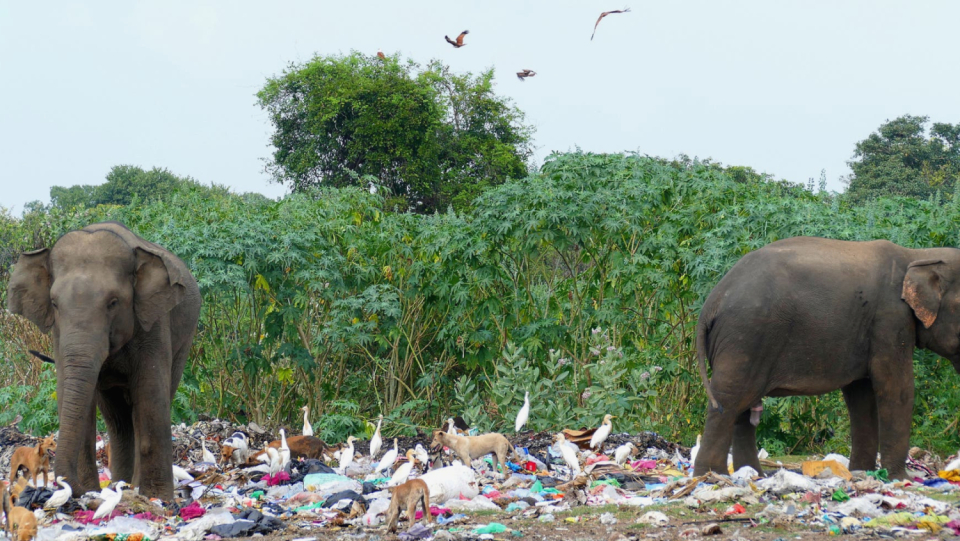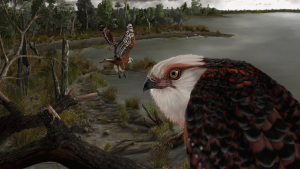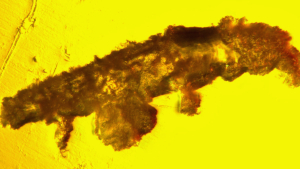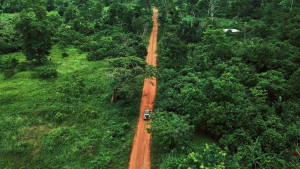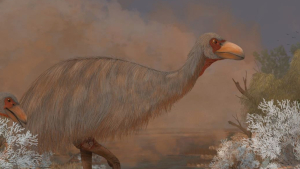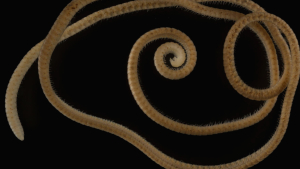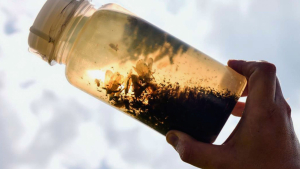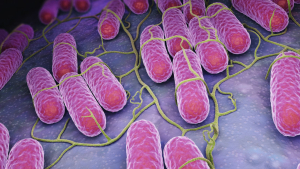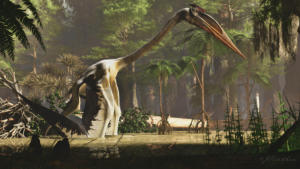In January 2022, conservationists reported to Sri Lanka that several elephants died of plastic waste after eating. There have been 20 dead elephants in the past few years in the vicinity of a dump, on which large amounts of plastic waste were disposed of and hung up by hungry elephants. A study in the "Journal for Nature Conservation" by Gitanjali Katlam from the Jawaharlal Nehru University in New Delhi and her team shows that plastic consumption through the animals in South Asia widespread and could also be a danger to their natural ecosystems.
The working group observed the behaviour of wild Asian elephants in the environment of the Jim Corbett National Park in the Indian state of Uttarakhand. In addition to wild-growing greens, the animals also eat fruits or cereals from arable land. Remnants of these often end up in garbage dumps, where the elephants then use them. The elephants also absorb large amounts of plastic waste, as Katlam and Co could observe.
The rubbish is not digested or only very superficially in the stomach of the pachyderms and largely excreted over the feces - also in the middle of the national park, in which the waste is additionally entered in this way. About a third of the test samples examined was contaminated. Especially in forests near the open landfills, the garbage was found, which consisted of 85 percent of plastics. Sometimes the scientists were even able to identify the original object of use, such as plastic bags or meal containers.
In addition to the direct entry of the waste, the working group is also afraid of the ecotoxicological consequences: through digestion, the plastics partially dissolve, so that plasticizers and other chemicals can accumulate in the elephants or through the food chain. Many insects live in and from the feces of large mammals and in turn form the food for reptiles, amphibians or birds. In the case of the elephants in Sri Lanka, veterinarians found stomachs completely filled with plastic waste after death. That was very, very likely the direct cause of death.







